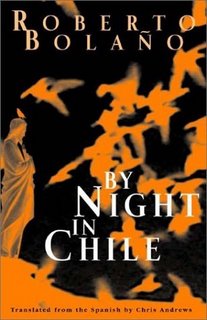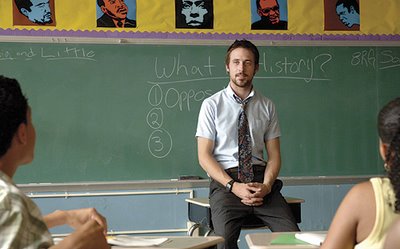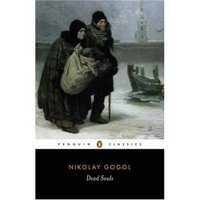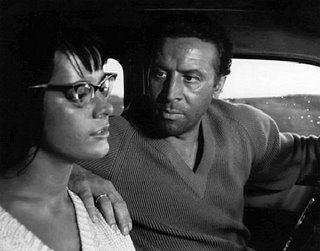I am a fiercely anti-religious person, so what am I doing with Kierkegaard, perhaps the greatest theological thinker in western intellectual history? Well, I am not exactly anti-religion, I consider theology to be a perfectly respectable discipline. I see religion as just one of the many, though the least interesting, competing philosophical systems grappling with important questions surrounding ethics and metaphysics and in any case, it is always good to understand any question from as many perspective as possible.

My interest in Kierkegaard however isn't because of his theological ideas. What I am mainly interested in is his works in existential psychology. I have always been intrigued by how these philosophers define these things like "anguish", "dread", "despair", "alienation", or even "melancholy" specially in existential literature. In fact, I first came across Kierkegaard's name in an article on Kafka. Of course, I didn't understand what the writer was trying to say. Something about the "loss of self" and "conflict between the finite and infinite". Something like that. I have always found it fruitless to read original texts of philosophy, they just expect too much effort. Although in Kierkegaard's case, there is at least one reasonably readable book called A Seducer's Diary, which is actually a chapter in his book Either/Or. Anyway, that's why I try to go for these short secondary guides to philosophers (you know books like, An Idiot's guide to Hume, Kant in 24 hours etc.) Also Kierkegaard had this special thing for choosing titles for his books which are absolute killers -- Fear and Trembling, The Sickness Unto Death, Concept of Anxiety, Concept of Dread and best of all Either/Or! A book with a title like An Inquiry Concerning Human Understanding won't stand a chance against these books!
So I was hoping to take the next step in my literary education with this Kierkegaard biography but was sorely disappointed. There is very little discussion of Kierkegaard's philosophy in the book and absolutely no attempt to place him in the larger western philosophical tradition. Instead what we get is year-by-year minutiae of his life. Some of it is interesting, specially his handling of the Regine Olsen affair, and to the author's credit his style is always lively and he never misses a chance to make a witty remark. And he is generally very insightful when analyzing any event of his life. For example this about his broken engagement with Regine:
This story (which could indeed have ended in happily banal fashion) is thus not merely about two people who for intellectual and psychological reasons were destined to pass each other like ships in the night. Rather, it became a grand drama about the extremes in the intellectual history of the West: immediacy and reflection, sensuous desire and self-control, presence and absence. And even though Regine is not named a single time in the whole of Kierkegaard's published works, she is intertwined with it like an erotic arabesque, full of longing, sometimes confronting the reader when one least expects it.
What the book mostly contains is a portrait of the Danish literary scene in the mid-nineteenth century, also called the Danish Golden Age. Also he goes in painstaking detail about the publishing history of each of his books, how it was reviewed at the time, how it was received by the critics and the public, who said what about whom etc. At one place, the book has a table about how many copies of the first edition of each of his books were sold out. Out of 525 copies of Fear and Trembling only 321 were sold out for example, as compared to his first work Either/Or which was sold out completely. Garff also informs us that Kierkegaard earned 3,674 rixdollars as his royalty from the sale of these books. Rather disappointingly he never mentions the purchasing power of a rixdollar in 1850s Denmark! Also Kierkegaard's troubled relationship with the Danish State Church and how it influenced his thinking gets a lot of coverage. I had of course no clue as to what was going on so I skipped all of these. In fact these chapters mostly eclipse the chapters detailing his affair with Regine, which was a little surprising because I had come to expect a major part of his biography to be about his relationship with her.
In that sense it is actually more a history of Denmark from a single perspective rather than a standalone biography of Kierkegaard. I read the first 100 pages then jumped the Regine chapters and then mostly skipped through the later chapters. The book didn't even have an index entry on despair! This book is for die-hard Kierkegaard fans only!!
Some links:
John Updike in New Yorker calls this biography "monumental". Updike seems to be a fan. He has also written an introduction to A Seducer's Diary too. Also these articles from
The New Republic and
The New Criterion are very good introductions to his life and works, though they are both about an earlier biography.








